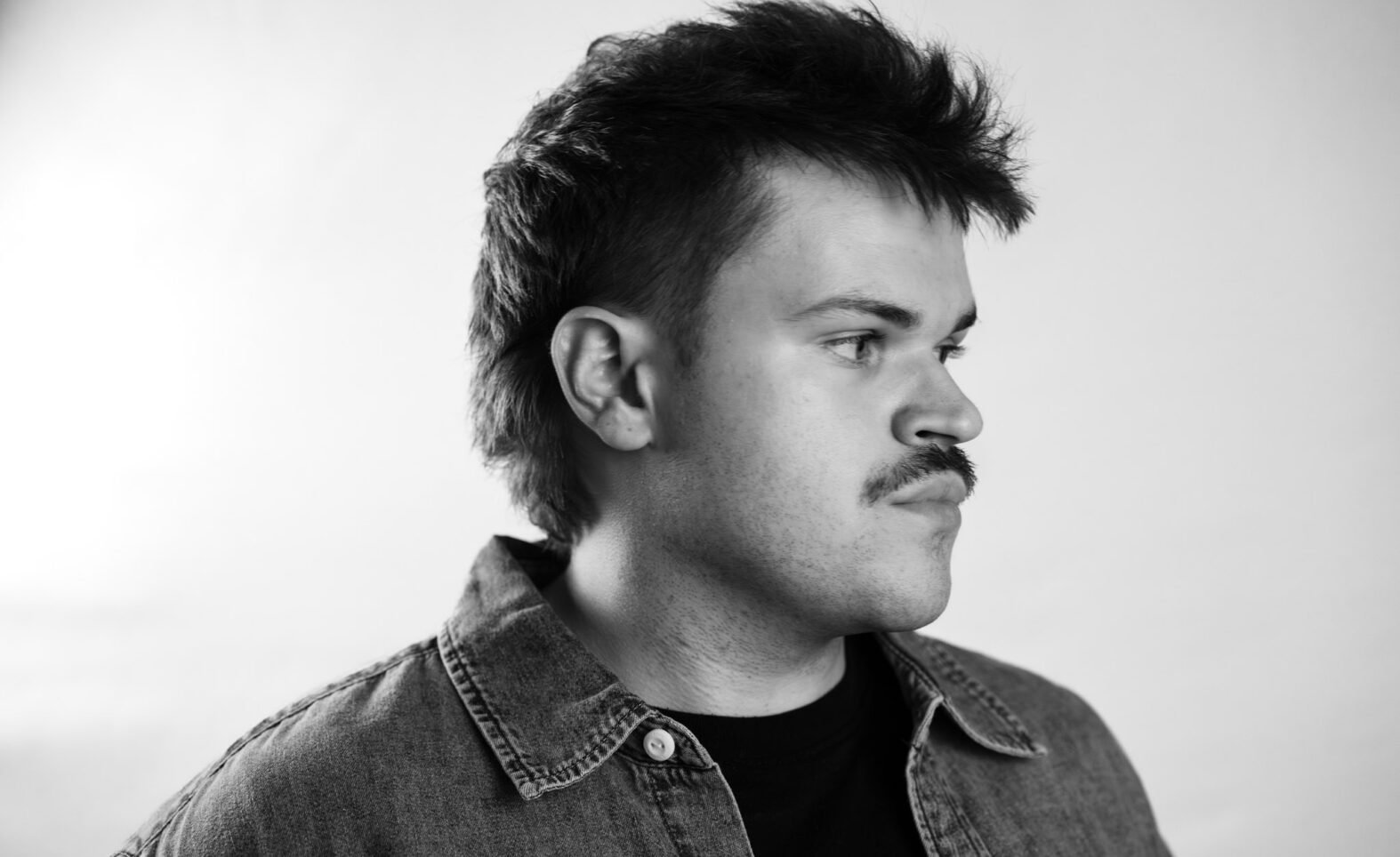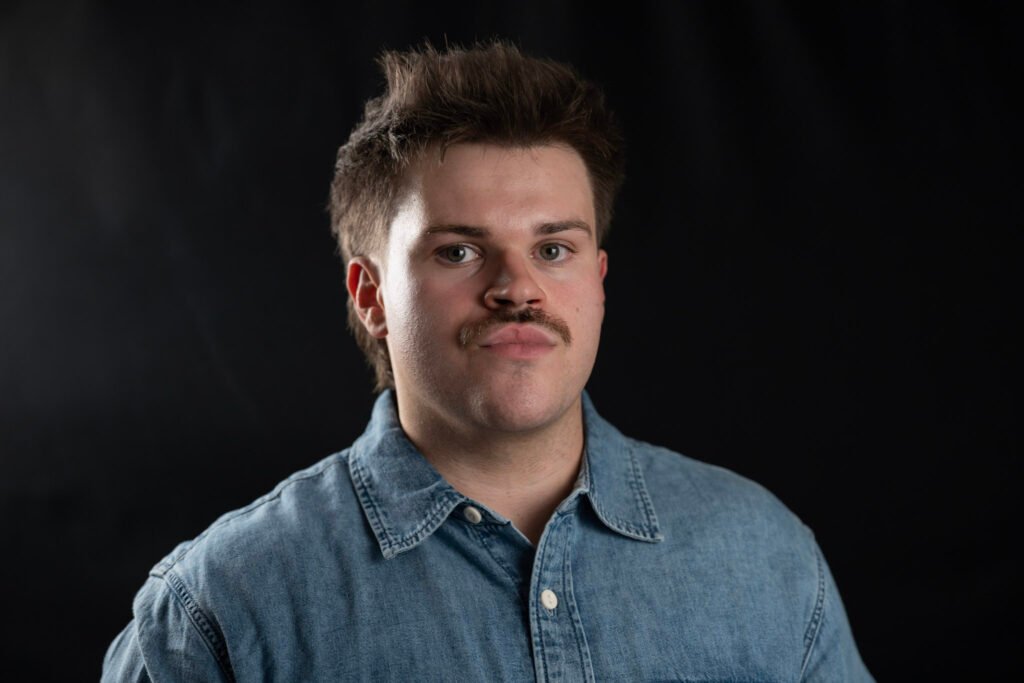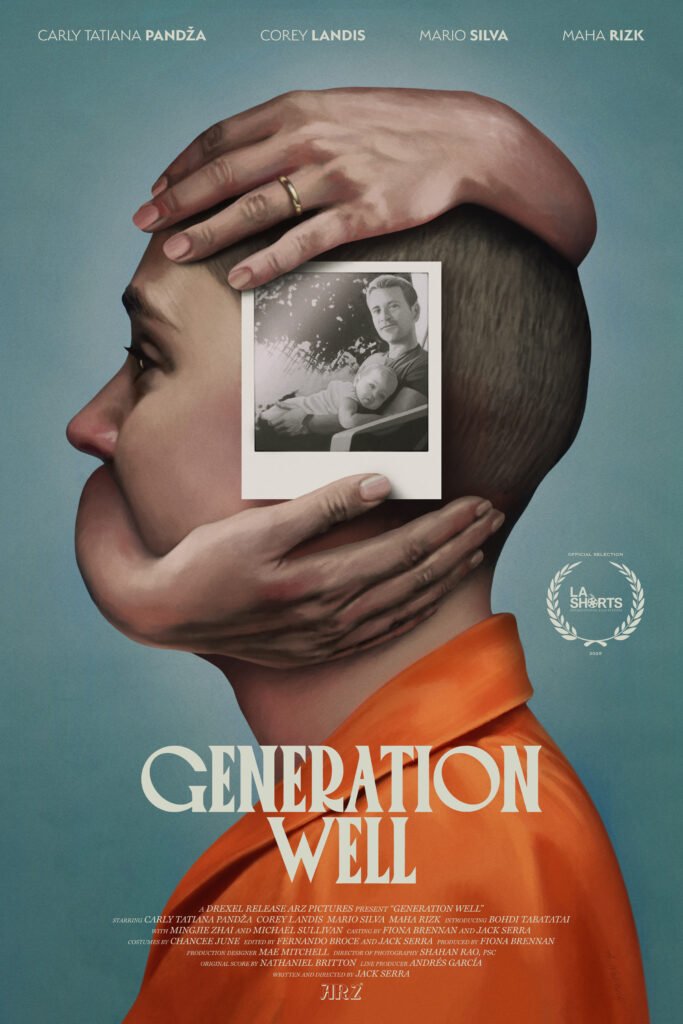Lightbulb Film Distribution shared the official trailer for new thriller The G.
Lightbulb Film Distribution is pleased to announce the official trailer for ...

Grief has a way of reshaping how we see the world, often leaving behind shadows that we can’t quite outrun. In Generational Well, writer-director Jack Serra channels the ache of losing his father into a haunting meditation on love, longing, and the scars that pass from one generation to the next. The short, which had its world premiere at the 2025 LA Shorts International Film Festival, invites us into Stevie’s fragile world as she wrestles with addiction, memory, and the uncertain hope of motherhood.
With its brooding atmosphere and deeply personal lens, the film is as intimate as it is unsettling. Through this conversation, he shares with us the heart and vision that brought it to life.
Jack: Thank you very much. I started making little videos when I was in my early teens; it was just a fun way to do skits with my friends, but as I exited middle school, I began to take it more seriously. I directed and produced several short films throughout high school and had many great mentors. I then attended UT Austin’s RTF program before moving to New York. Since then, I’ve co-directed a feature film and begun to produce and direct short films and music videos again.
Jack: The idea for this story came not long after my dad passed away. Around that time, I had a rough night, drank too much at a bar, and woke up in a jail cell. It was a wake-up call. I was dealing with a lot of grief and uncertainty, and writing was always a way I could process it. I started sketching out a character who was also going through something messy and unresolved, with the added challenge of also being pregnant. That’s when the story started to take shape.
Jack: A big character influence of mine was the lead in David Fincher’s The Killer. We have such a serious, obsessive character who makes a fatal mistake at the beginning of the film. I wanted Stevie to embody that failure. Her world has essentially ended when we first meet her, and there’s a sense of doom from the start.
Jack: We auditioned around ninety people for the role of Stevie, and I was pretty certain after callbacks that Carly was the right fit. She had a genuine understanding of the character on a fundamental level, and her range as an actress couldn’t go unnoticed. It just felt right.
Jack: For me, the most challenging part of making this film was the sheer number of locations we had to tackle. There were nearly ten locations for an eighteen-page script. We were on a tight schedule, and the company moves constantly challenged not only the crew but the cast as well. Luckily, we managed these difficulties through strategic planning in pre-production. Having a contingency plan was always helpful.
Jack: Shahan and I had previously worked on a music video together, and I knew he was the right person for this specific project. We’re both heavily inspired by the collaborative work of Roger Deakins and Denis Villeneuve, as well as David Fincher. That was the go-to for this film. We really wanted to capture that cold, tactile realism. It’s much easier said than done, but I think we managed to put our own spin on it. We did alright.

Jack: I believe short films are only going to become more appealing as people’s attention spans continue to shrink. By no means is this a good thing, but if you can convey a message to a less patient audience while still forming a meaningful narrative, I’d say that’s a good compromise for the strange gray area film is in these days.
Jack: I hope people walk away from this feeling optimistic. It’s undoubtedly a dark, pessimistic film for most of its runtime, but by the end I think there’s a message of hope. No matter how terrible things get, there’s always a way forward and up.
Jack: I would very much have liked to tell this story at feature length; most short filmmakers would probably say the same thing about their projects. It always comes down to financing. There was so much I had to leave out just to attempt fitting this into a short format.
Jack: I don’t have a set subject I want to focus on in the future. My projects usually come to me at random times in my life, often when I least expect them. Generation Well is a darker film that I wrote during a darker period of my life. I’m currently writing a comedy and hope to go into production on it soon.
Jack: I would strongly advise putting all of your energy into preparation. I’ve learned that you can never be overprepared for a project. Always have a contingency plan.

‘Generational Well’ lingers long after its final frame, not because it offers easy answers, but because it dares to sit with the discomfort of grief and the fragile beauty of longing. Jack Serra’s storytelling reminds us that some wounds never quite heal, yet they shape the way we reach for love, for connection, and for hope. In this conversation with him, it becomes clear that this film is not just about Stevie; it is really about all of us, and the quiet battles we carry forward even when dealing with grief.
In Conversation With Reina K., brings to you the kind of scoop that gives you a real insight into the mind, drive and craft of filmmakers from across the world.
Leave A Reply